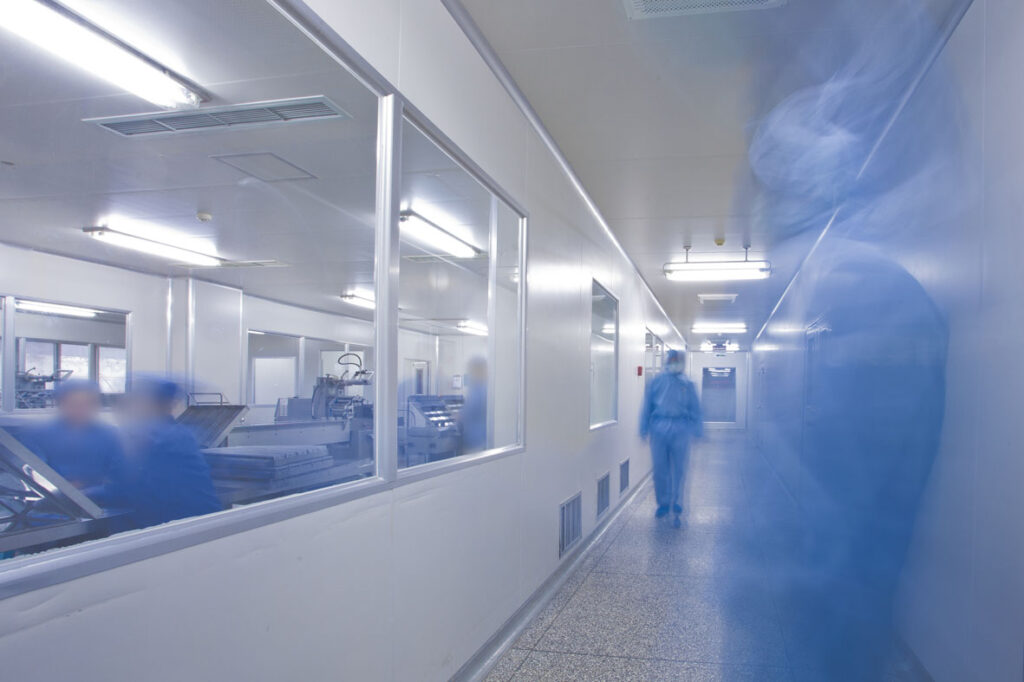Revealed: 76% of Brits Feel Unprepared for a Medical Emergency

MAKING SURE that someone can care for you in an emergency, based on your medical needs, could be critical in saving your life, but new research has revealed that the majority of Brits are unprepared for facing an emergency situation.
A survey of 2,006 UK adults by medical ID charity MedicAlert, has revealed that 76% feel underprepared for a medical emergency, whether it involved themselves or a loved one.
However – it’s the 20.5 million people in the UK living with an underlying condition which requires specialist medical treatment who would be most at risk of death in an emergency and should take note.
Worryingly, even those with a known condition such as diabetes, heart disease or epilepsy are not prepared – with only 27% admitting they would know what to do if the worst were to happen.
It is essential for this group to be prepared and be able to relay their medical information in an emergency situation. Shockingly, 69% wouldn’t think about wearing a medical ID, yet these are proven to save lives by providing crucial medical information to emergency responders when it is needed most.
In addition, 14% of respondents with a medical condition confess to not having an emergency contact in place if they were in an emergency, while the same number have specialist requirements and feel it may not be possible to communicate these correctly, impacting how prepared they would feel.
When looking at some of the reasons why those polled felt a lack of preparedness when caring for others in an emergency, more than a third (37%) of respondents say this is down to not having any medical training, 24% say it is because they don’t know how to perform first aid, and 23% wouldn’t know how to diagnose the condition.
Dr Masha Finn, Emergency Medicine Consultant and Charity Trustee at MedicAlert, comments; “It’s worrying to see how many people would feel underprepared for a medical emergency, particularly the 1 in 3 of the population who live with an underlying medical condition and have specific treatment requirements which puts them at greater risk should the worst happen.
“If you have an underlying condition and you need to communicate your medical information in an emergency, there is the possibility that this may not be physically possible; for example, if you are unconscious or in shock due to an accident. It is absolutely crucial to take steps to prepare for this worst case scenario.
“MedicAlert provides the UKs only full medical ID service, which helps to save lives by providing access to vital medical information to paramedics and other emergency services in an emergency – meaning it keeps you safe wherever you are. As the most reliable and recognised way of making such critical details available, medical IDs ensure potentially fatal errors are avoided and appropriate treatment is provided without delay.
“To help protect yourself and others, it is also worth considering first aid courses which are widely available and easy to access, offering important life skills for use in an emergency. Learning critical skills such as how to put someone in the recovery position, how to stop someone choking, and even helping someone to cope with shock, will all help to save lives and protect the ones we love.”




